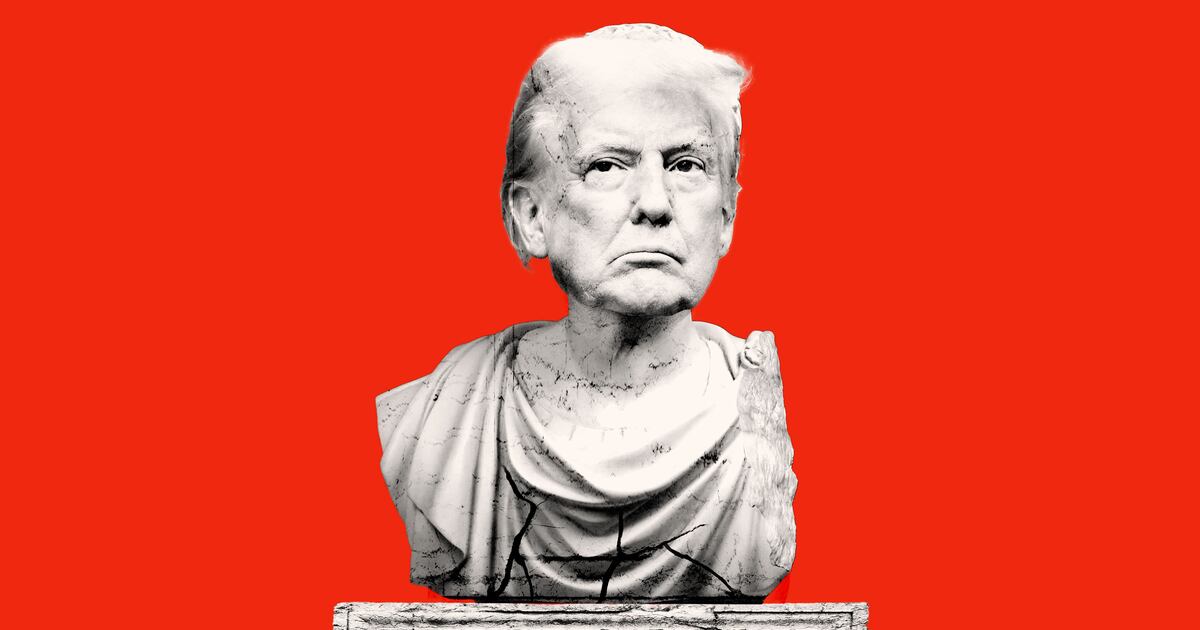North Korea has been playing the United States for decades, whether it be a Democratic or Republican administration that was seeking to obtain an agreement with them on denuclearization. Each time the regime—whether led by Kim Il Sung, his son Kim Jong Il, or his son and current Great Leader, Kim Jong Un, lied to U.S. negotiators and signed documents which they immediately reneged on.
NSC chief John Bolton knows this, and as an article in Politico points out, he has written that North Korea “will never give up nuclear weapons voluntarily,” calling past U.S. diplomatic forays with the country “embarrassments.” In his view, before negotiations begin the North Koreans must agree to give up their nuclear weapons and allow for unlimited inspections. Secretary Mike Pompeo evidently suggested that North Korea send its nuclear arsenal abroad for dismantling. If they take this approach, they will be ensuring that the scheduled summit in mid-June will not take place.
What Kim’s regime now is doing is an attempt to separate Trump from Bolton’s position in the hope that the American President will accept a much more limited agreement that he can present to the American people as a victory. What they might very well agree to is a treaty that would have North Korea stop further atomic testing and missile development yet allows them to keep all present nuclear weapons. Total denuclearization would be the topic of continuing negotiations that might go on for years. So far, the U.S. position has been that this is unacceptable.
Even if Trump makes Bolton take a smaller role in negotiations, it is more than naïve to believe that this totalitarian regime would allow outside investigators to go anywhere to check on possible hidden nuclear sites, or even allow individuals to wander freely throughout North Korea.
It is important to realize that a nuclear arsenal has been a central focus of North Korea since the peninsula was divided after World War II. Almost from the beginning, Kim Il Jong had three major goals for his country: to keep North Korea in the hands of his Communist regime, then backed by both China and the Soviet Union, to eventually carry out an invasion of the South to create a unified Communist Korea, and to attain a nuclear bomb as quickly as possible.
When the North did invade the South on June 25, 1950, they expected a quick two-week campaign. After all, in a speech to The National Press Club six months earlier, Secretary of State Dean Acheson had said that Korea was outside “the defense perimeter” of the United States. Beyond Japan, the Ryukyus and the Philippines, he said, “it must be clear that no person can guarantee these areas against any military attack.” With this knowledge Joseph Stalin, who had previously turned down Kim’s request for Soviet support of a North Korean invasion, gave his approval. By this time Stalin too had a bomb, and the Chinese Communists had successfully taken power in China.
However, Harry S. Truman went to the United Nations, got the Security Council’s acceptance (the Soviets were boycotting the UN and not present for the vote) for a UN Police Action in aid to beleaguered South Korea. With UN legitimacy, the United States sent its troops into action against North Korea on June 27. The aggression of the North, as Truman noted, was “in defiance of the Charter of the United Nations.” The war would continue until an Armistice was signed on July 27, 1953.
It was to be a different case with North Korea’s nuclear arsenal. Documents online at the Cold War International History Project at the Woodrow Wilson Center in Washington, D.C., show that Kim Il Sung was requesting help from the Soviets in attaining North Korea’s own nuclear capability in the mid-1950s, only a few years after invading the South. Kim Il Sung first informed the Soviets on Jan. 20, 1956, that he wanted research to begin on nuclear development and was most anxious to start.
On Aug. 24, 1962, North Korea’s foreign minister told the Soviets that their obtaining of nuclear capability would help end the “blackmail” of socialist countries by the United States. He expressed anger that “they have a large stockpile” of atomic weapons, “and we are forbidden even to think about the manufacture of nuclear weapons.” By 1963, an engineer told the Soviet ambassador that North Korea now had the ability to produce an atomic bomb. That same year, North Korean officials told Hungarian Communists that the two Koreas could not be unified peacefully, and they were prepared for nuclear war.
Does one really expect that a major goal throughout their country’s history, the obtaining of nuclear weapons, is something they would willingly give up? (The entire sordid history of U.S.-North Korean nuclear negotiations and agreements can be found here.)
As we all know, previous U.S. administrations all fell for Kim Jong Un’s and Kim Jong Il’s pledges to abide by agreements. In 1991, North Korea signed a Joint Declaration to denuclearize the entire Korean Peninsula. In 1994, the Clinton administration signed an Agreed Framework in which once again Kim Jong Il pledged to not nuclearize his country. Clinton immediately gave the regime fuel, oil and nuclear reactors for peaceful energy, which Clinton told Americans was “a good deal for the United States.” North Korea called it a “milestone… of historic significance.” Words meant little to the hermit kingdom. They reneged and cheated, and left the Nuclear Non-Proliferation Treaty.
In 2005, negotiations by the Bush administration resulted in the U.S. removing North Korea from the list of state sponsors of terrorism. In return, North Korea agreed to shut down its Yongbyon nuclear facility. They also pledged to destroy all nuclear weapons, that would be “comprehensively declared and completely, verifiably, and irreversibly eliminated.” Neither was done.
Now Donald Trump, at the time of this writing, has told the world that he would offer phenomenal economic aid to bring North Korea into the 21st century, with an assurance that the U.S. will never countenance regime change and will guarantee Kim’s staying in power. The so-called Libya action by the Obama administration, in which the U.S. moved to overthrow Gaddafi, after he had given up his nukes, would not occur.
Does Kim Jong Un really believe any of Donald Trump’s promises? Does Donald Trump really want the United States to guarantee that one of the most ruthless tyrants on earth can stay in power forever? When Trump is out of office, another president could easily reverse policy, especially when it is found out denuclearization has not taken place. Just look at Iran. And who is to say that in another week, Trump wouldn’t adopt Bolton’s recommendation of complete inspections that would prove North Korea has really disarmed?
Kim Jong Un is most likely the faithful son of his father and grandfather and will never agree to violate their legacy by abandoning the nuclear weapons that put North Korea on par with far greater world powers. Nor is he likely to become a North Korean version of Mikhail Gorbachev.
He does know, however, how to conduct a Western style public relations offensive—as we saw earlier this year at the Olympics. We can only hope that Donald Trump will not be the latest president to be fooled into making another agreement with the North Korean regime that ultimately fails. Of course, we don’t know how this will end.
If Donald Trump manages to pull it off, he will deserve the nomination for a Nobel prize—but I’m not betting on it.






